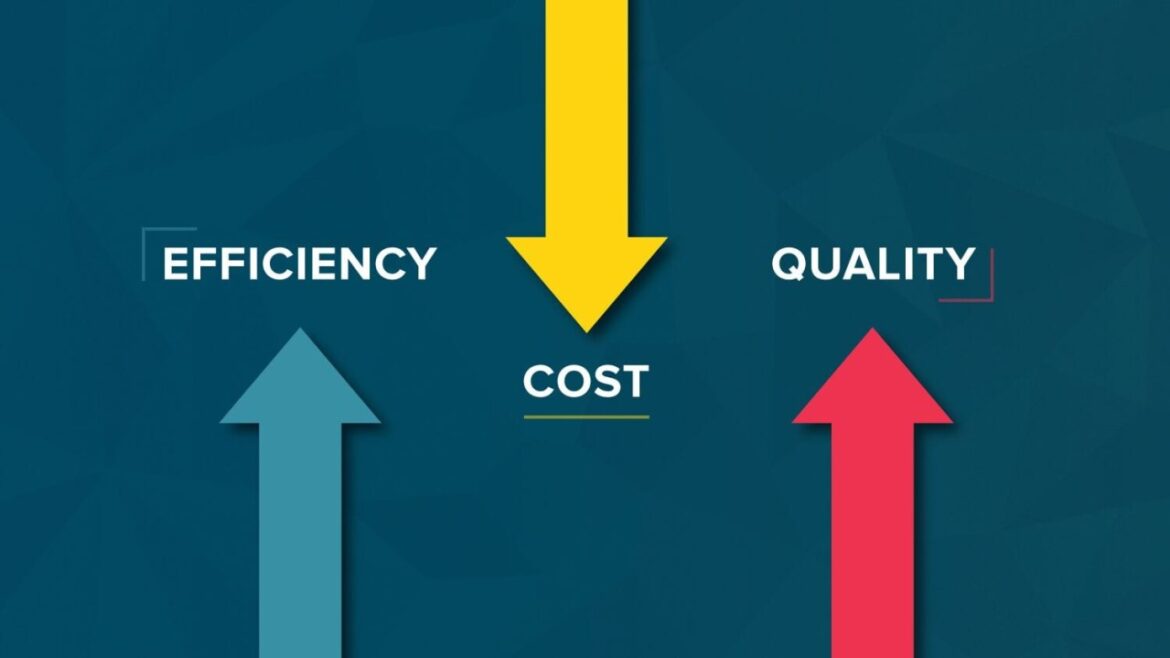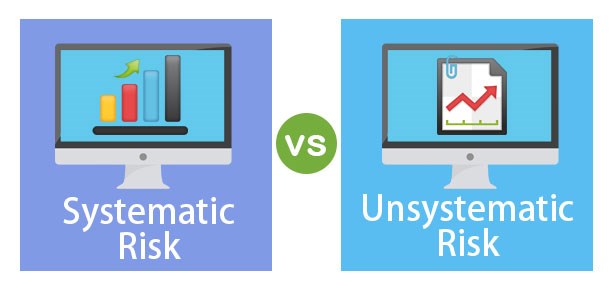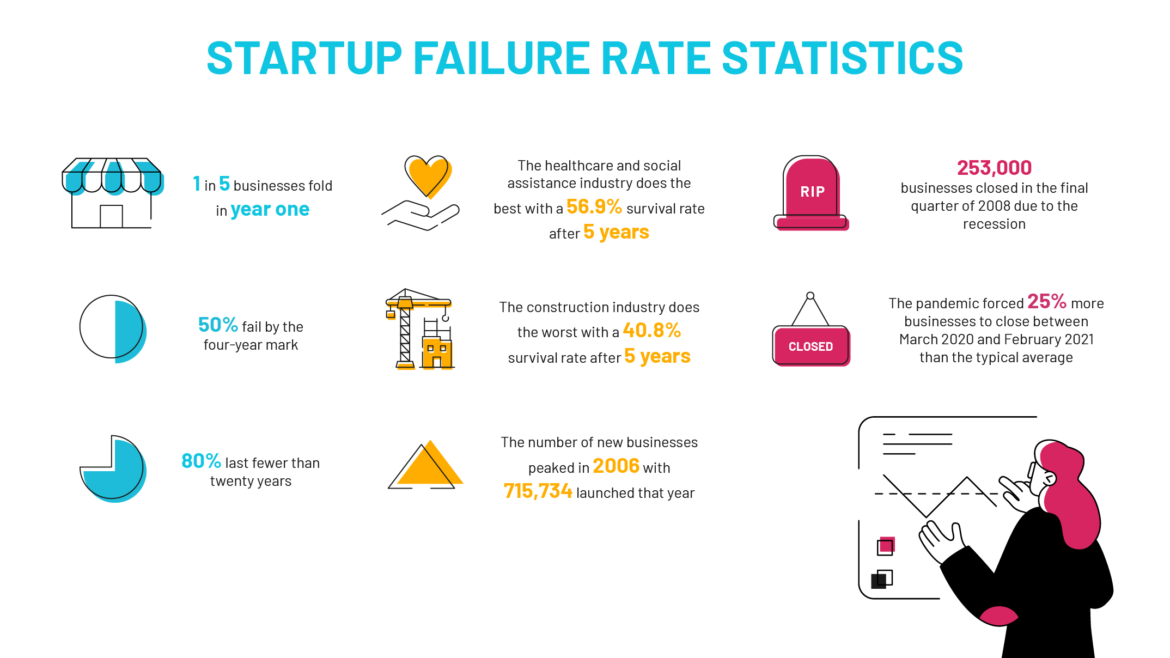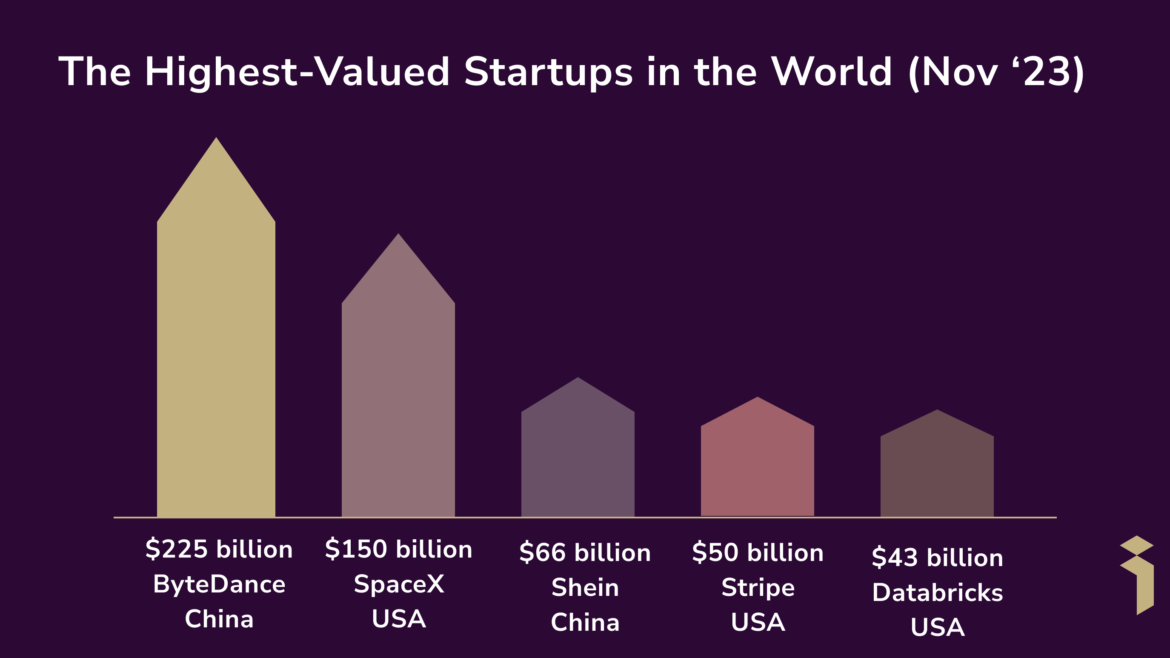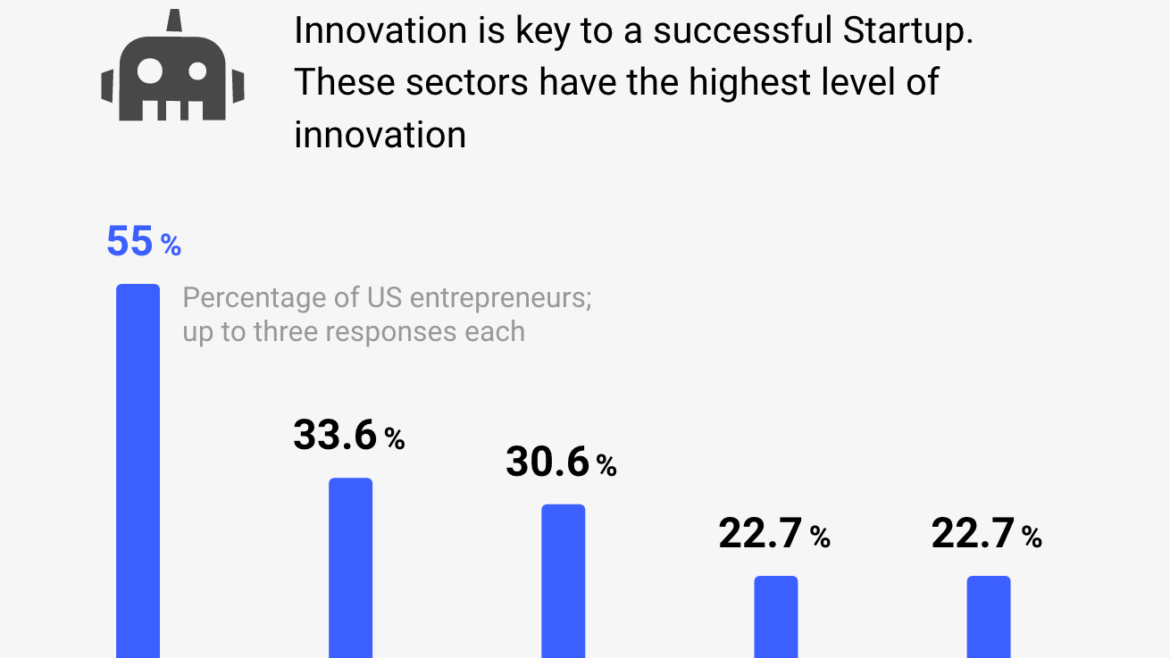Building a Cost-Efficient Startup
Building a Cost-Efficient Startup https://theraise.eu/wp-content/uploads/2024/04/1691484618233-1024x576.jpg 1024 576 RAISE fosters startup growth and scale-up within and across Europe https://theraise.eu/wp-content/uploads/2024/04/1691484618233-1024x576.jpgLaunching a startup often comes with tight budgets and a need for resourceful solutions. While the allure of flashy offices and extensive teams may be tempting, many successful startups have thrived by adopting a cost-efficient structure from the outset. In fact, prioritizing efficiency not only conserves valuable resources but also fosters innovation and agility, key traits for navigating the competitive startup ecosystem.
Embracing Remote Work
One of the most significant shifts in recent years has been the widespread adoption of remote work. By leveraging digital tools and communication platforms, startups can build distributed teams, eliminating the need for expensive office space and reducing overhead costs. Remote work not only offers flexibility for employees but also opens up access to a global talent pool, enabling startups to recruit top talent regardless of location.
Lean Team Structure
In the early stages of a startup, every team member plays a crucial role in driving growth and innovation. Rather than overstaffing, successful startups prioritize building lean teams comprised of versatile individuals capable of wearing multiple hats. This approach not only minimizes payroll expenses but also fosters a culture of collaboration and adaptability, essential for rapid iteration and experimentation.
Outsourcing Non-Core Functions
While certain functions such as product development and customer support may require in-house expertise, startups can save significant costs by outsourcing non-core activities. From accounting and legal services to marketing and design, outsourcing allows startups to access specialized skills on a flexible basis, scaling resources as needed without the burden of maintaining full-time staff.
Leveraging Cloud Technology
The advent of cloud computing has revolutionized the way startups manage their technology infrastructure. By leveraging cloud-based services for hosting, storage, and software applications, startups can avoid significant upfront hardware investments and benefit from pay-as-you-go pricing models. Additionally, cloud technology offers scalability and reliability, ensuring startups can easily adapt to changing demands without costly downtime.
Prioritizing Minimal Viable Products (MVPs)
In the early stages of product development, startups often face the temptation to build feature-rich solutions to impress investors and users. However, adopting a lean approach focused on launching minimal viable products (MVPs) allows startups to validate their ideas quickly and cost-effectively. By soliciting feedback from early adopters, startups can iterate and refine their products iteratively, minimizing wasted resources on unnecessary features.
Next Steps
In the competitive landscape of startup entrepreneurship, building a cost-efficient structure is not only advantageous but often essential for long-term success. By embracing remote work, maintaining lean team structures, outsourcing non-core functions, leveraging cloud technology, and prioritizing minimal viable products, startups can conserve resources, maximize agility, and focus on delivering value to their customers. Ultimately, the most cost-efficient startups are those that prioritize efficiency, innovation, and adaptability in every aspect of their operations.
Photo via Isaac Asendele


